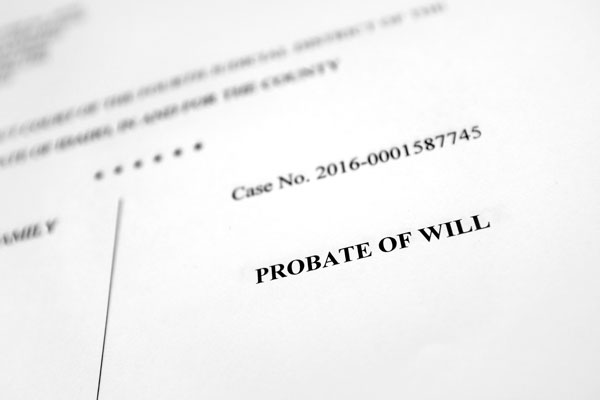In a previous blog, we stressed the importance of having a will. A key factor of any will is including an executor. Executors oversee filing a will for probate and distributing property to beneficiaries. Being an executor is a big responsibility and has some restrictions. Our probate attorneys in McAllen want to go into detail below.
How Estate Administration Works
Once notified of a loved one’s passing, an executor must request a “letter of administration.” It must come from the court where the will was drafted. This document proves that you’re the rightful executor or administrator. Then you can create an inventory of the deceased’s property.
Your next steps are to:
- Create an appraisement of value for the estate
- Notify creditors of the deceased’s passing
- Create a list of creditors who are owed money
- Distribute remaining assets to beneficiaries
Who Can’t be an Executor?
Some people cannot be appointed as an executor or estate administrator:
- Felons
- Mentally incapacitated individuals
- Any person the court finds unsuitable
- Corporations, unless they have a Texas resident agent representative
- A non-Texan resident, unless they have a resident agent representative
Start the Probate Process with Us
If you’ve appointed an executor or need one, our probate attorneys in McAllen can help. We can support you throughout the probate process and can draft:
- Trusts
- Contested wills
- Powers of attorney
- Directives to physicians
- Guardianship designations
- Medical powers of attorney
- And much more
Contact Our Probate Attorneys in McAllen
Contact our probate lawyers in McAllen to draft a will for you. We can also prepare many types of estate planning documents.


